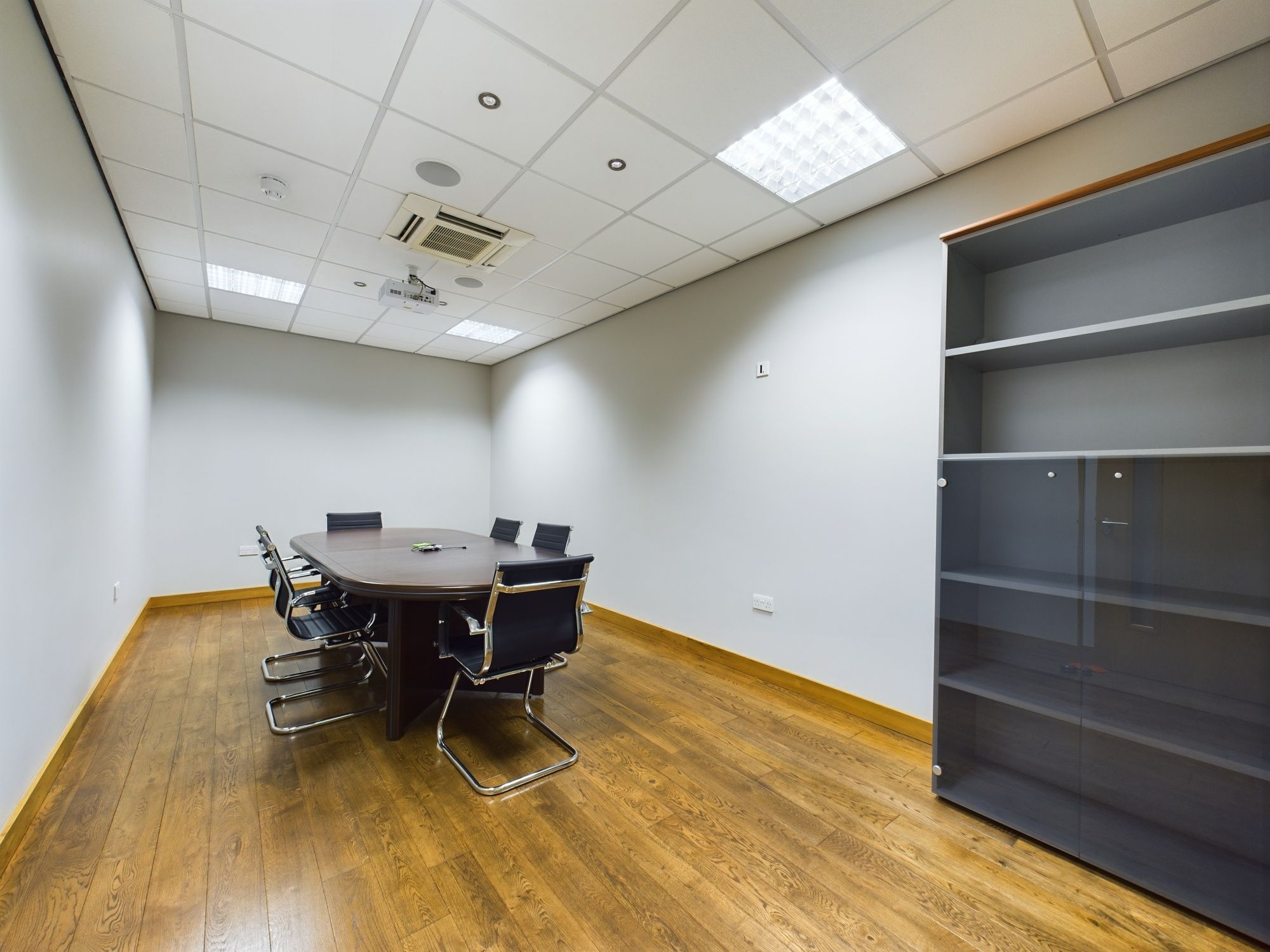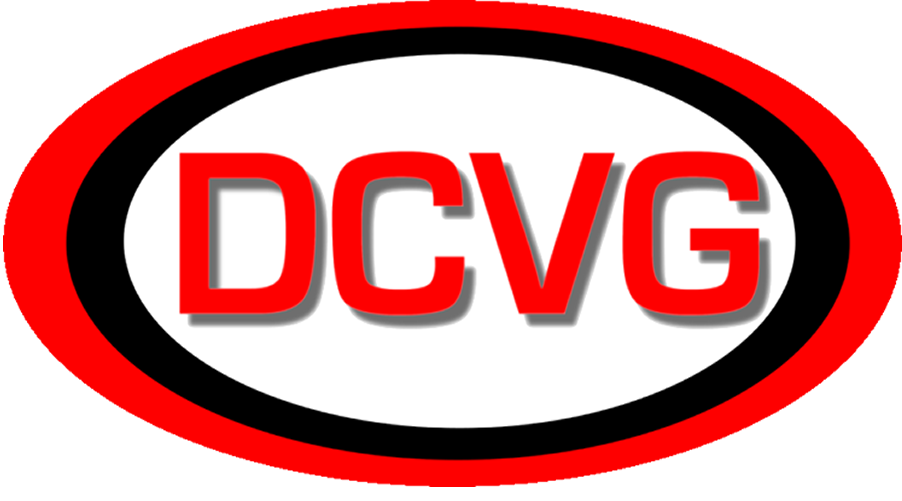CIPS/DCVG TRAINING
The quality of above ground surveys to inspect the Cathodic Protection and Protective Coating on a buried pipeline depends upon the training, understanding and diligence of the people carrying out the work. Unfortunately at present there exists no specific assessment as to the “fitness to survey “of the personnel who actually walk the pipeline to gather the data. The client has little knowledge of the authenticity and quality of the results from such surveys and upon which multi million dollar rehabilitation decisions are made. Garbage data into the decision making process will result, as has already happened, in the wrong pipeline or wrong location being excavated for repair with budget over-runs or less effective rehabilitation for the money spent, being common.
Recognising the importance of Surveyor Education and skills has led us, DC Voltage Gradient Technology and Supply Ltd. to take the lead with the introduction of a Surveyors Accreditation Scheme based on 4 levels of competence initially for the application of the DC Voltage Gradient Survey Technique.
DCVG has Surveyor Training courses for any type of knowledge base; from basic beginner level all the way up to Expert level. Having qualified and trained in house surveyors is both officiant and cost effective.
Training Levels
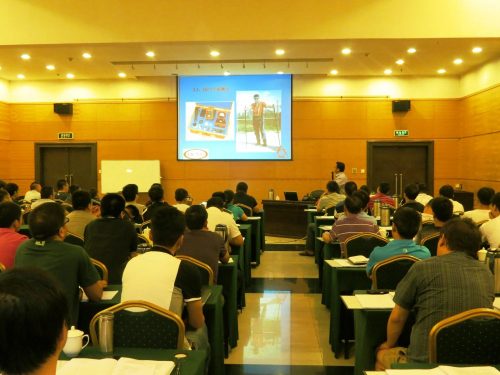
Basic training with a 5 day Theoretical and Practical course.
The 5 day intensive DCVG Training Seminar is divided into classroom and field activities. After an initial 2 days of classroom lectures and discussions covering all aspects of DCVG and associated technologies, coating failure mechanisms and CP, the next 2 days are spent in the field on an actual pipeline learning how to apply the Technology and to take a series of electrical measurements that will be used to evaluate the coating quality. The morning of the final day is used to interpret the field data gathered into Rehabilitation Packages of Work with the afternoon donated to a 100 question test and then discussions to ensure that the technology transfer has taken place. It is necessary for attendees to perform well in the field and in the Examination to be awarded Level 1 of the DCVG Accreditation Scheme.

Basic training with a 5 day Theoretical and Practical course.
The 5 day intensive DCVG Training Seminar is divided into classroom and field activities. After an initial 2 days of classroom lectures and discussions covering all aspects of DCVG and associated technologies, coating failure mechanisms and CP, the next 2 days are spent in the field on an actual pipeline learning how to apply the Technology and to take a series of electrical measurements that will be used to evaluate the coating quality. The morning of the final day is used to interpret the field data gathered into Rehabilitation Packages of Work with the afternoon donated to a 100 question test and then discussions to ensure that the technology transfer has taken place. It is necessary for attendees to perform well in the field and in the Examination to be awarded Level 1 of the DCVG Accreditation Scheme.
Intermediate
With a minimum of 1000 km of survey work under supervision as part of a team.
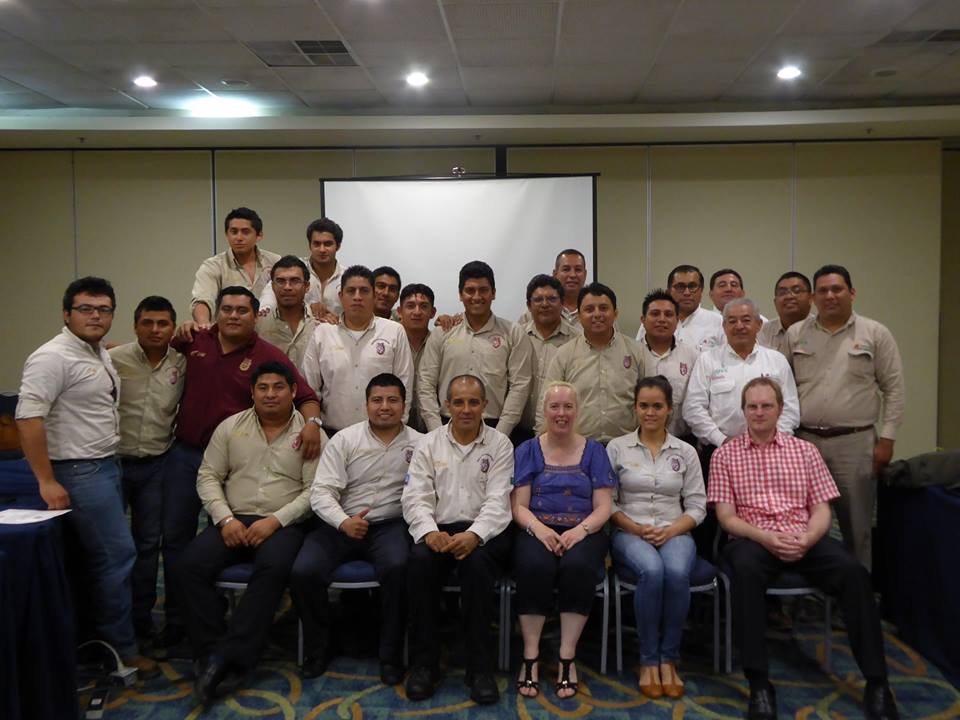

Intermediate
With a minimum of 1000 km of survey work under supervision as part of a team.
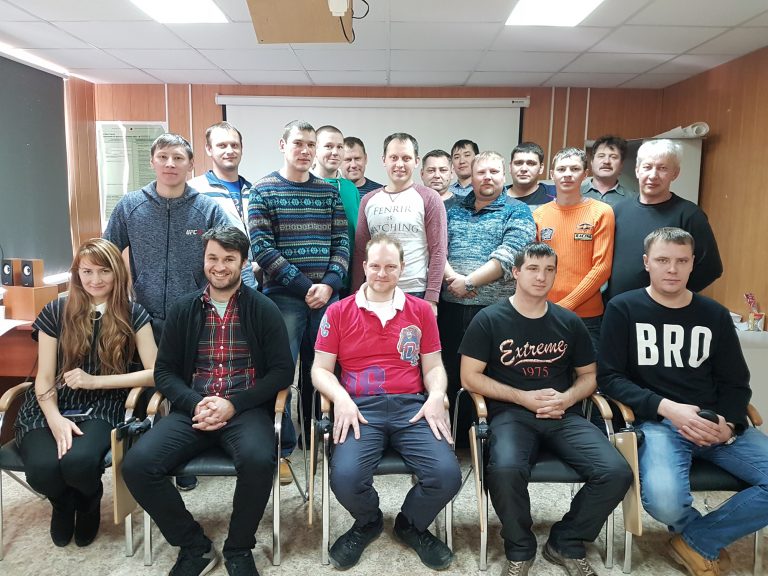
Advanced
As a project engineer leading a team and carrying out full project data analysis and reporting to the client.

Advanced
As a project engineer leading a team and carrying out full project data analysis and reporting to the client.
Expert
Capable of training others and having extensive project supervision etc – (typically 10,000 km of survey).
Advancement to a higher level of accreditation is based upon the appraisal by a panel of experts headed by Dr J. M. Leeds of the level of competence in D C Voltage gradient Technology achieved, the overall contribution to the advancement of the technology and client satisfaction rather than km surveyed.
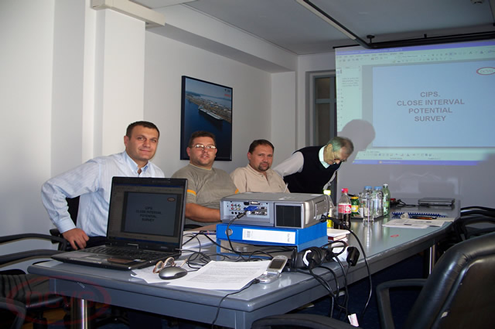

Expert
Capable of training others and having extensive project supervision etc – (typically 10,000 km of survey).
Advancement to a higher level of accreditation is based upon the appraisal by a panel of experts headed by Dr J. M. Leeds of the level of competence in D C Voltage gradient Technology achieved, the overall contribution to the advancement of the technology and client satisfaction rather than km surveyed.
- LEVEL 1 DCVG TRAINING MORE INFO
- LEVEL 2 DCVG TRAINING MORE INFO
- CIPS TRAINING COURSE
Session 1. Course Introduction and Organisation. Fundamental Electrochemistry.
- The requirements for Corrosion.
- The Pourbaix Diagram.
- Cathodic Electrochemical processes.
- Cathodic Protection and Cathode Films.
- Organic and Inorganic Coatings.
Session 2. Practical Electrochemistry
- Pipe to Soil Potential- measurement and limitations
- The relationship between Coatings and CP.
- The limitations of CP.
- Typical CP current demands for different coating quality.
- Pipeline Failure through Metal Loss, Stress Corrosion Cracking etc.
Session 3. Coating Failure Mechanisms
- General Discussion.
- Tape Coatings.
- Asphalt and Coal Tar.
- Thin Film coatings (FBE).
- Other Coating systems.
Session 4. The DC Voltage Gradient Technique
- Fundamentals of the DCVG technique.
- Detailed explanation of DC Voltage Gradient equipment
- The DCVG Pulse (Meter Indications). Practical Class demo.
- DCVG Signal electrical circuit.
- DCVG Coating Fault detection method
Session 5. DCVG Electrical Measurements.
- Understanding the DCVG Signal Amplitude.
- Taking Electrical Measurements to determine the Severity of Coating Defects
- Defining the Coating Fault shape using iso-potential plots.
- Determining the Corrosion Behaviour of Faults.
- Determining where Faults get their CP from
- DC Traction and other Interference effects.
- Typical DCVG results
Session 6. Special uses for DCVG Technology.
- Surveying parallel pipelines.
- Complex pipeline networks.
- Using DCVG to investigate CP systems.
- Test Posts, Insulating Flanges, Cased Crossings.
- The use of DCVG to control Cathodic Protection.
Session 7. Other Survey Techniques
- Pipe to Soil Potential measurement.
- Close Interval Potential Survey technique.
- Limitations of the CIPS technique.
- Limitations of the DCVG technique.
Session 1.
- Review and Critique of any Student Survey Work Carried Out. Discussion of Student Problems.
- Client Education and Contracts.
- Preliminary look at ECDA Specifications.
- Detailed DCVG Survey Specification. Client Education. What does the Client want.
Session 2.
- Survey Team Composition.
- Surveyor Selection and Education.
- Equipment Required and Plans to Handle Field Work and Data Analysis.
- Planning a Survey.
- Managing your Survey Team. Multiple Teams.
Session 3.
- Survey Set up and Methodology, Gathering Field Data. Auditing CP Hardware and ROW.
- Discussion on Rectifiers and Temporary CP Systems, Problems and Limitations.
- Permits, Landowner Co-operation, Client Co-operation.
Session 4.
- Survey Problems. Fences, Electric Fences,
Streams, Rivers, City Streets. No Test Posts. - Parallel Pipelines, Complex Pipeline Networks.
- Client Reporting, Daily, Weekly, Monthly. Use of email for Reporting.
- Errors and Limitations of DCVG Surveys. Equipment Problems and Maintenance.
Session 5.
- Review of Type of Data Collected During a Survey.
- Distance Measurement Techniques Including GPS.
- Data Transfer From Field to Office.
- Error Correction and Avoidance.
- Other Methods for Above Ground Surveys.
Session 6.
- The CIPS Technique. Different types of CIPS Equipment and Methodology.
- CIPS Set Up, Errors and Limitations of the Technique.
- Combined Surveys, DCVG and CIPS. What Type of Data is Collected. ECDA Requirements
Session 7.
- Organisation of Combined Survey and Data Collection.
- Co-ordination in Field of Different Types of Surveys including Soil Resistivity, Inline Inspection Pigs for Metal Loss, Guided Wave Ultrasonic Inspection, Acoustic Emission.
- Importance of Soil Resistivity.
Session 8.
- Matching Survey Data Sets. DCVG/CIPS/Soil Resistivity/Metal Loss etc. Correlation Points.
- Coating Fault Specific and Non Specific Data. The Usefulness of Different Types of Data
Session 9.
- Data Analysis. What do you want from the Analysis to meet Client Requirements?
Session 10.
- Current American External Corrosion Direct Assessment (ECDA) Techniques and its
A Close Look at Type of Data Input to the ECDA Process. - How Poor Data can Defeat the ECDA Process.
Session 11.
- Data Analysis Programs and How they Work.
- Advanced Applications of DCVG Technology. SCC Studies.
- Detailed look at Sham DCVG Techniques.
- DC vs AC Techniques. Errors and Limitations.
Session 12.
- Converting ECDA Analysis into a Rehabilitation Program.
- Defining Pipeline Rehabilitation Requirements, Metal Loss, Coating and Cathodic Protection.
- Pipeline Rehabilitation Techniques including Relocation of Fault Areas.
- Review of Course Contents, Discussions on Application of ECDA and Repeat Surveys.
Review of Student Critiques of Sample Survey Report Limitation Report Problem Discussion.
Session 1 – Day 1: Fundamental Electrochemistry
- The requirements for Corrosion.
2. The Pourbaix Diagram.
3. Cathodic Electrochemical processes.
4. Cathodic Protection and Cathode Films.
5. Organic and Inorganic Coatings.
Session 2 – Day 1: Practical Electrochemistry
- Pipe to Soil Potential- measurement and limitations.
7. The relationship between Coatings and CP.
8. The limitations of CP.
9. CP current demands for different coating quality.
Session 3 – Day 2: CIPS Survey Techniques
- Pipe to Soil Potential measurement.
11. Close Interval Potential Survey technique.
12. Limitations of the CIPS technique.
13. Combining CIPS & DCVG Techniques
Session 4 – Day 3: Organizing a Field Survey
- What information do I need from Records?
15. Setting Up the Interrupter.
16. Setting Up CIPS Equipment.
17. Combining CIPS & DCVG equipment together.
18. Starting the survey.
19. What and how to record data.
20. Distance measurement techniques.
21. Preparing the data for analysis.
Session 5 – Day 4: Understanding CIPS Equipment
- Equipment usage.
23. What Measurements are taken
24. Assessment of results obtained.
25. Data Analysis techniques.
26. General Discussion.
27. Revision and Question Time.
Session 6 – Day 5 Afternoon: Written Examination
- Question and answer session before examination.
29. A 90 minute, 100 question written examination .
30. General Discussion.
31. Assessment of the CIPS Training Seminar
Client Provisions
– The client is usually expected to provide the following.
– Classroom for Monday Tuesday and Friday.
– Copying facilities for the DCVG Manual.
– All onsite transport and access permits.
– Projector (type to be advised)Computer Screen.
– A pipeline for the practical demonstrations. The pipeline having a CP system where we can place the interrupter. Typical CP current 5 to 15 amps.
Our Offices are also available for training
31 Gibfield Park Avenue, Atherton, Manchester, M46 0SY
Email: DCVG@DCVG.com
